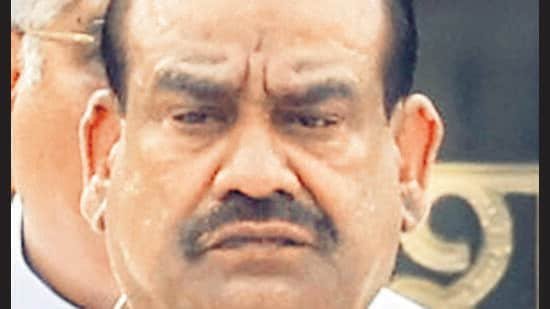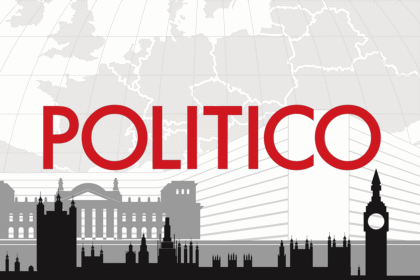Published on: Sept 12, 2025 04:44 am IST
Birla Addresses Concerns at Commonwealth Parliamentary Association Conference
Historical Context of Legislative Discourse in India
The concerns raised by Speaker Om Birla are not new; they resonate with a long-standing issue in Indian politics. The Indian Parliament, established in 1952, has a rich history of vibrant debates and discussions. However, in recent years, the frequency of disruptions has increased, leading to a decline in the quality of legislative discourse.
Historically, the Indian Parliament has been a platform for robust discussions, where diverse voices could be heard. The debates during the early years of independence were marked by a spirit of collaboration and mutual respect, even among opposing parties. This collaborative spirit was crucial in shaping the nation’s policies and addressing pressing issues.
In contrast, the current political climate often sees members engaging in disruptive tactics, overshadowing the essence of democratic dialogue. The decline in decorum and respect in legislative discussions raises questions about the future of democracy in India.
The Role of Technology in Enhancing Legislative Debates
Birla’s call for the use of technology in legislative debates is particularly timely. In an age where digital communication has transformed how we interact, leveraging technology can significantly enhance the quality of discussions in Parliament.
For instance, live streaming of debates and discussions can increase transparency and accountability, allowing citizens to engage with their representatives more effectively. Additionally, digital platforms can facilitate better communication among lawmakers, enabling them to share ideas and collaborate on solutions more efficiently.
Moreover, technology can help in managing the legislative process, ensuring that discussions remain focused and productive. By utilizing digital tools, presiding officers can streamline proceedings, allowing for more time to address critical issues rather than managing disruptions.
Public Expectations and the Future of Legislative Discourse
As Birla pointed out, the public sends their representatives to the legislature with the expectation that their concerns will be addressed. This expectation underscores the importance of maintaining a respectful and constructive environment for discussions.
The future of legislative discourse in India hinges on the ability of lawmakers to rise above partisan politics and engage in meaningful dialogue. By fostering a culture of respect and collaboration, Parliament can better serve the interests of the people.
In conclusion, the remarks made by Lok Sabha Speaker Om Birla at the Commonwealth Parliamentary Association Conference highlight a critical issue facing Indian democracy today. The decline in dignity during legislative discussions poses a significant challenge that requires immediate attention. By embracing technology and reinforcing democratic traditions, lawmakers can work towards restoring the integrity of parliamentary discourse, ensuring that it remains a true reflection of the diverse voices of the Indian populace.











